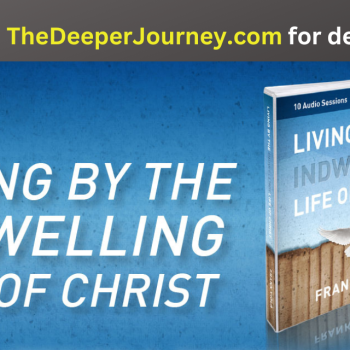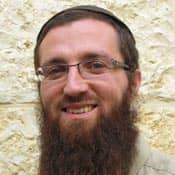The Torah refers to children as fruit when it says to "be fruitful and multiply." This flows well with another verse in the Torah that refers to the human being as a tree.
Let's understand what is being portrayed here.
There are four parts to a fruit tree: Roots, Trunk, Branches, and Fruit.
The Roots are hidden underneath the ground; they are not seen yet they are the source of the tree. They can be compared to a person's thoughts. A person's thoughts are in the mind and unseen, yet all planned action has their roots in thought.
The Trunk is the tree itself. It is the revealed actions of a person. It is what the person is all about.
The Branches are that which grow forth and flourish from the tree. They are the expression, effect, and actualization of the actions of the person.
The Fruit is the product. It is the result of the action and its effect, yet it stands alone as its own independent entity.
To put this into baseball terminology, a player hitting a homerun is comprised of these four stages:
- Roots: He makes the decision in his mind to swing at a pitch to try to hit it.
- Trunk: He swings at the pitch and hits it.
- Branches: The ball flies 420 feet over the left field wall.
- Fruit: The score is now 1-0.
(Note how the Fruit is the product. It was caused by the thought to swing, the swing, and the effects of the swing, but it stands alone even after the thought, swing, and effect are gone.)
Now let's apply this theorem to human beings.
If children are the "fruit" of their parents, that means they are independent entities that result from their parents. That is to say, their behavior is the product of their parents' behavior. This means that what a person's child is inherently made up of is the thought of the parent, the action of the parent, and the effects of the action of the parent.
Inheritance
When we think of the inheritance a parent leaves to a child, our minds immediately turn to money. But there are other kinds of inheritance—emotional inheritance, psychological inheritance, spiritual inheritance, etc.
If a parent has a certain way of viewing and thinking about things, then the child will inherit that thought-process at the core of their being. If the parent has a certain method of acting or reacting, then the hard-drive of the child's gut-responses will be programmed accordingly. If the parents' actions would lead to certain effects, then the child's unconscious wiring might take that into account and makes adjustments depending upon its interpretation of the extent to which these effects were desired or not desired.
First-Nature Versus Second-Nature
At first it seems here as if I am absolving the child of any responsibility. It sounds like I am saying that the child is merely a product of his Nature and his Nurture, and he is destined to act out a script that has already been written for him.
But that is not my intent. After all, I referred to a product as being an independent entity.
What is meant by children being "products" is that their first-nature comes as a result of their parents. The child's definition of "normal," their gut instincts, and their deep-seated responses are pre-programmed based on their parents' thoughts, actions, and the effect of those actions. Just as a fruit's nature comes as a result of the roots, tree, and branches it was born from, the child's nature comes from the parents' "roots," "tree," and "branches."
But there is a difference between the fruit and the child.
Throughout its entire existence, the fruit has only the one nature it was "born" with. But the child grows up with the ability and responsibility to go beyond its first-nature to develop a second-nature.
In Judaism, we understand that it is here that spirituality begins.
Unlike Western society, which tends to view spirituality as some passive go-with-the-flow lifestyle, Judaism's understanding seems to be that such an "if it feels good do it" attitude is the path the animal takes. It is the animal that goes with the flow and does whatever it feels like doing whenever it feels like doing it.
While it is true a human being has such an animal nature, which includes all of his inclinations and pre-programming, this is only his first-nature. In contrast to the animal, the human being has a human soul enabling him to design and construct a choice-based second-nature. Each individual is capable of building an existence of personal determination and conscious living no matter how bad his or her parents seemingly messed up.
Parenting to the Core
If I was talking to you about your life or to your kid about his or her life, this is the conversation we would be having. We would be discussing how we are not robots destined to run on the autopilot of our instincts, inclinations, and subconscious, and how we can and should make conscious choices to live for our future instead of getting stuck in our past.





